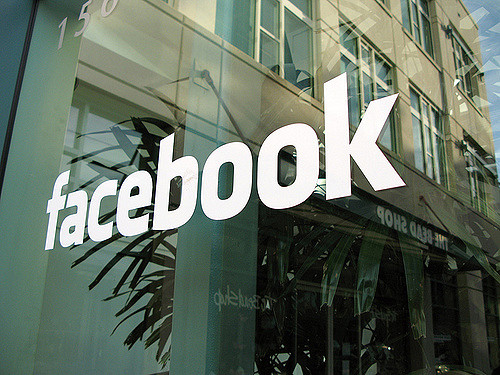Facebook Soars Despite Political Concerns

Facebook (Nasdaq: FB) recently reported its second quarter results that surpassed the market’s expectations. But the company continues to struggle with its stand on political advertising. As the US gets ready for the Presidential elections, the scrutiny on Facebook’s stance is increasing.
Facebook’s Financials
Facebook’s Q2 revenues grew 10.7% to $18.69 billion, far ahead of the market’s estimates of $17.29 billion. Adjusted EPS was $1.80, surpassing the market’s forecast of $1.44.
Advertising revenues grew 10% to $18.32 billion and other revenues grew 40% to $366 million. As more companies shifted their business online, Facebook saw over 9 million active advertisers across its services.
Daily active user (DAU) numbers for the core Facebook app grew 12.5% to 1.785 billion and monthly active users (MAU) grew 11.9% to 2.70 billion. The number of people active on any one of its family of products, that includes WhatsApp and Instagram, grew 13% to 3.14 billion people per month in the quarter. Daily active users on these applications were 2.36 billion.
The increase in Facebook’s DAUs and MAUs in the quarter reflected increased engagement as people around the world used its products to connect with each other virtually due to lockdown conditions. Facebook is seeing normalization in user growth and engagement as lockdown conditions are easing in some countries.
Facebook’s Political Struggles
Due to the Covid-19 crisis, there is an increased level of uncertainty about the US elections this year. This is also driving additional focus on how Facebook handles political advertising and spread of misinformation on its platform. Facebook has been embroiled in a lot of controversy surrounding its stand on political messaging.
But Facebook claims that political and news issues on its services is a small part of the content. It continues to take measures to reduce the amount of harmful content on its apps. For instance, its AI systems are proactively identifying about 90% of hate speech before it is reported by any user. It claims that no other internet service is as sophisticated at this than theirs. They are also having an independent audit done of its Community Standards Enforcement Report, which is its transparency report on how effectively it is removing harmful content. It is also opening up to an audit from the Media Rating Council to look at its content monetization policies and safety controls. It is also working with the Global Alliance for Responsible Media to drive greater transparency into measurement of hate speech numbers.
The virus will also result in an increased amount of people mailing-in their votes. Since many people have not used this form of voting earlier, it is even more important that the right information is provided to people to make it easier for them to register to vote and to vote. Facebook has built a Voting Information Center and its goal is to help over 4 million Americans register to vote in this election – making it the largest voting information drive in American history. It has already started attaching links to official voting information posts from political candidates discussing voting.
It is also continuing to focus on stopping election interference by removing voter suppression. It has broadened its policies and has partnered with local election officials to combat false information about voting.
Besides addressing the nation’s politics, Facebook is continuing to add features to its messaging service. Last quarter, it had released Messenger Rooms that allowed users to create a room for any active event. It expanded this service to Messenger Kids in the quarter and released it in 143 new countries and territories. The kids version will help parents manage their children’s safety while allowing them to continue social interaction.
Its stock is trading at $251.96 with a market capitalization of $717.8 billion. It had climbed to a 52-week high of $255.85 earlier last week. It hit a 52-week low of $137.10 in March this year when most stocks fell.
Photo Credit: Marco Paköeningrat/Flickr.com
Featured Videos
Can 1M/1M Help Me Raise Money?
How Does 1M/1M Democratize Entrepreneurship Education?
How Does 1M/1M Democratize Management Consulting?
When Is The Right Time To Join 1M/1M?
Can 1M/1M Help Me With Business Development?
Can 1M/1M Help Me With Market Sizing?
Can 1M/1M Help Me Validate My Product?
Will I Have Private 1-on-1 Sessions In 1M/1M?
How Does 1M/1M Help Entrepreneurs Connect With Silicon Valley?
Mentoring or Consulting?
Why Does 1M/1M Charge $1000 a Year?
Why Does 1M/1M Partner With Local Organizations?
Why Don\’t Mentoring Networks Work?
Why Is It Important To Study With 1M/1M Now?
Dan Stewart Story
Vikrant Mathur Story
